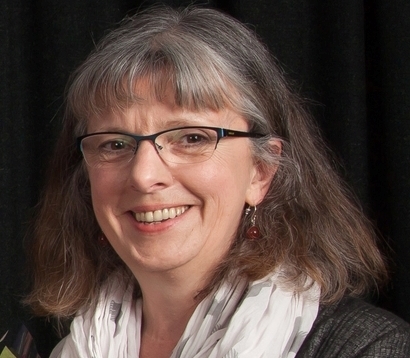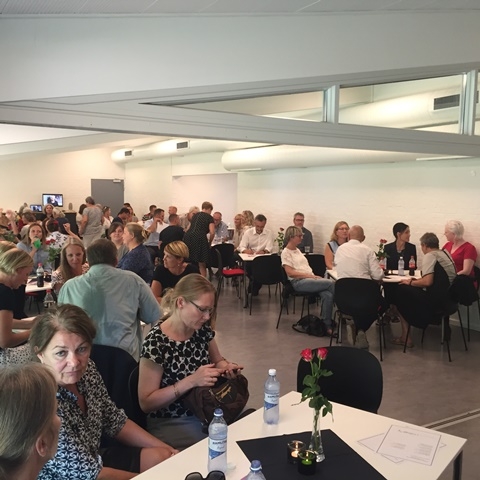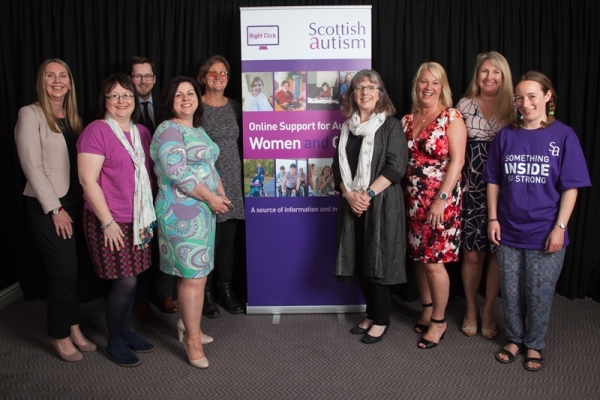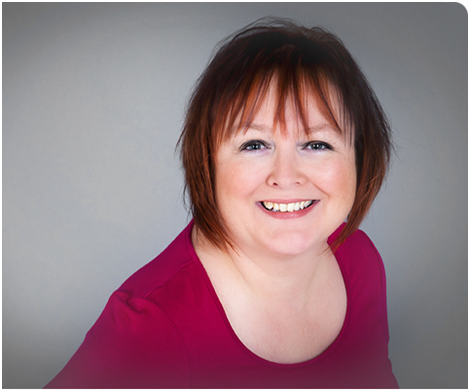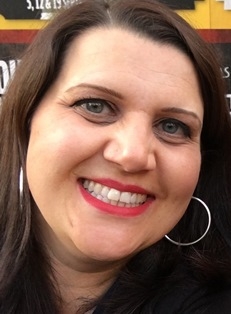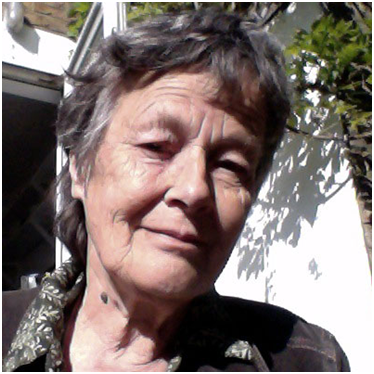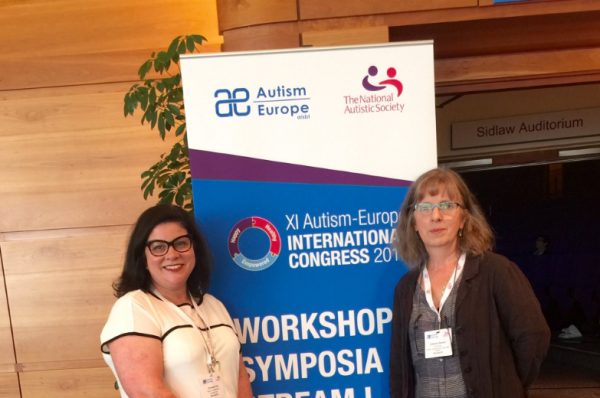Share Magazine Winter 2016
Letter from the Editor
Catriona Stewart, PhD MSc PGDip, Autism Advisor, Scottish Autism
There were two key reasons for choosing Women and Girls as a focus for this issue. One is to celebrate our Right Click resource for Women and Girls, launched this year. Within it, as well as interviews and demonstrations, lists of resources and links, there are presentations on the research carried out for the programme with an overview of what is currently understood within this area. I go into this briefly in the coming pages.
The other reason is that this is a population needing attention. Despite increasing awareness that they exist, there is still very little research and even less in the way of specific resources or support. The Right Click programme is just a start, although a very positive one.
Focusing on a specific group - women and girls - within the autism community has given us the underpinning theme for this issue. But it’s unusual in another way; having sent out the guidelines to the people I thought would offer insight into some of the issues we wanted to cover, what stands out for me is that even when not written as a personal account, most of the articles that came back contain some description of the author’s personal experiences. And more than that, each and every one has embedded within it a passionate plea for change or, in at least two cases, determination to be that change.
There is a personal account from mother of two, Dr Shirley Smith, who has been, as she describes herself ‘waitress, student, computer programmer, traveller, web designer, doctor, writer, conference organiser…’ (and more!). Author of ‘From Here to Maternity’, Lana Grant discusses some of the complexities of being a mother who is on the autistic spectrum. Alina Spence discusses issues arising within the educational setting. Dr Claire Evans-Williams’ case-study on real-life ‘Julia’ gives us a poignantly descriptive look at one young girl’s strategies developed and employed to cope in her daily life, or at least to hide her daily struggles.
Dr Dinah Murray, autism pioneer and advocate, with numerous academic and literary achievements over decades, writes from her personal experience of life, offering advice to her younger self and in doing so, gives us insight into some of the ways in which she has learned to negotiate and make sense of the world as an autistic adult. Emma Kirby is a determined and able young woman who describes her experiences as a school girl diagnosed with Asperger’s Syndrome.
Many thanks to all the contributors.
If you have ideas, experience or knowledge to share for our next edition, please contact the Centre for Practice Innovation by emailing CPI@scottishautism.org

